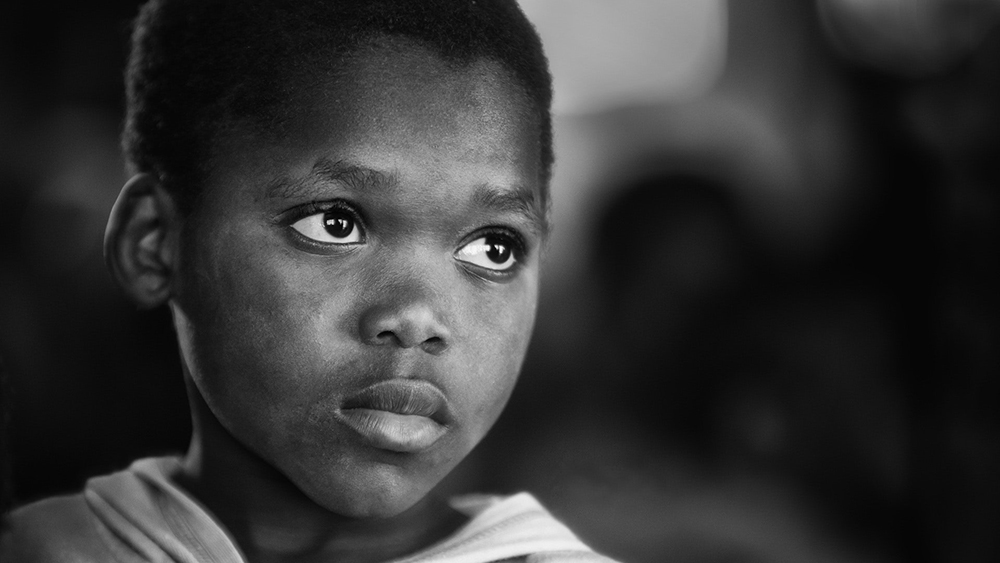This op-ed was submitted from a member of our enthusiastic community of readers. If you’re interested in sharing your opinion on any cultural, political or personal topic, create an account here and check out our how-to post to learn more.
“Boys don’t cry.”
“Stop acting like a girl!”
As a woman, I’ve spent the majority of my life witnessing and even benefitting from the double standard in how men and women are treated. Phrases like the ones above were commonplace where I grew up, but it wasn’t until I had my son I became cognizant of just how damaging they were and still are. Often disguised as tough love, the blatant disregard, humiliation and shaming of emotional displays in boys and men is a problem long overdue for a solution.
To be clear, emotional neglect in males isn’t just a Black issue. It is, however, most prevalent in our community. We, more than any other culture, have become notorious for stripping our boys of the basic human right to experience their own emotions as early as infancy. In both direct and indirect ways, Black boys are taught that displaying fear or sadness makes them “soft” and is a sign of weakness unworthy of true manhood. This false belief is often carried into their adult life, creating a domino effect of unhealthy behavior.
In recent years, this phenomenon has been amplified by social media as more Black men face rejection for public displays of vulnerability. Think back to singer and actor Tyrese’s 2017 Instagram meltdown that resulted in an outpouring of memes featuring the now infamous question: “What more do you want from me?” More recently, Raz B of boy band B2K also received backlash for various outbursts that took place during the 2019 Millennium Tour.
Stunting the emotional growth of Black boys is a deeply rooted issue. It was imposed on us, our husbands, brothers and male peers by people who, too, were hindered in this way. Unless we prioritize creating safe spaces within our homes and communities for healthy emotional expression, our sons remain at risk for developing depression, post-traumatic stress disorder, reduced emotional intelligence, anger disorders and aggressive behavior — just to name a few.
To break the cycle of emotional neglect, it is imperative that we learn how to encourage healthy emotional development in boys. We can achieve this in the following ways:
1. Create trust by regularly encouraging him to share his thoughts and feelings. Ask him how his experiences and any specific challenges make him feel.
2. Listen when he talks — without constant interruption. Resist the urge to immediately offer solutions as he verbalizes what he feels or thinks. This allows him to explore and process his emotions.
3. Acknowledge his feelings (regardless of how they make you feel) without humiliation or shame. Simple acknowledgements include, “I hear you” and “I understand you.”
4. Model being calm and respectful when dealing with problems. We are our sons’ first examples of how to handle conflict.
5. Be compassionate. Black males are under constant scrutiny in today’s society. When the world hurts him, show up for him and let him know you have his back.
Millennials have proven time and time again that we are capable of breaking generational curses, overcoming systemic biases and inducing change wherever we see a need. With the right tools, we can put an end to the cycle of emotional neglect in our boys once and for all.
